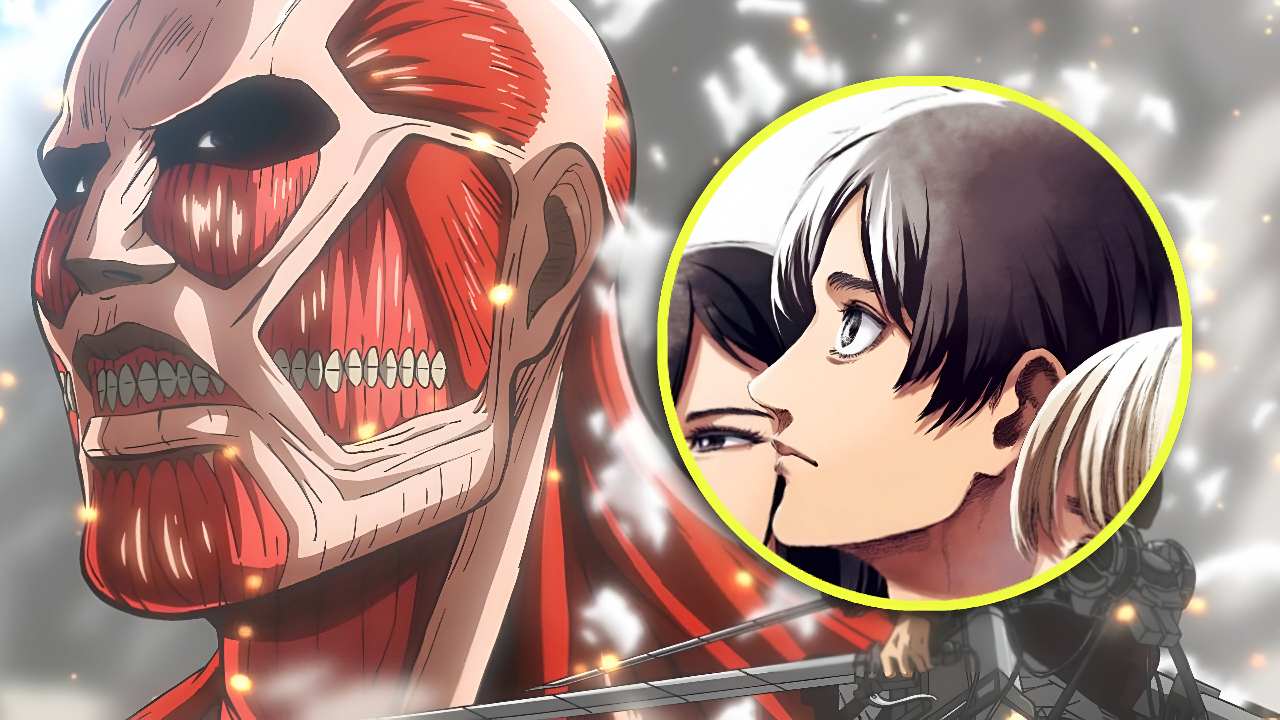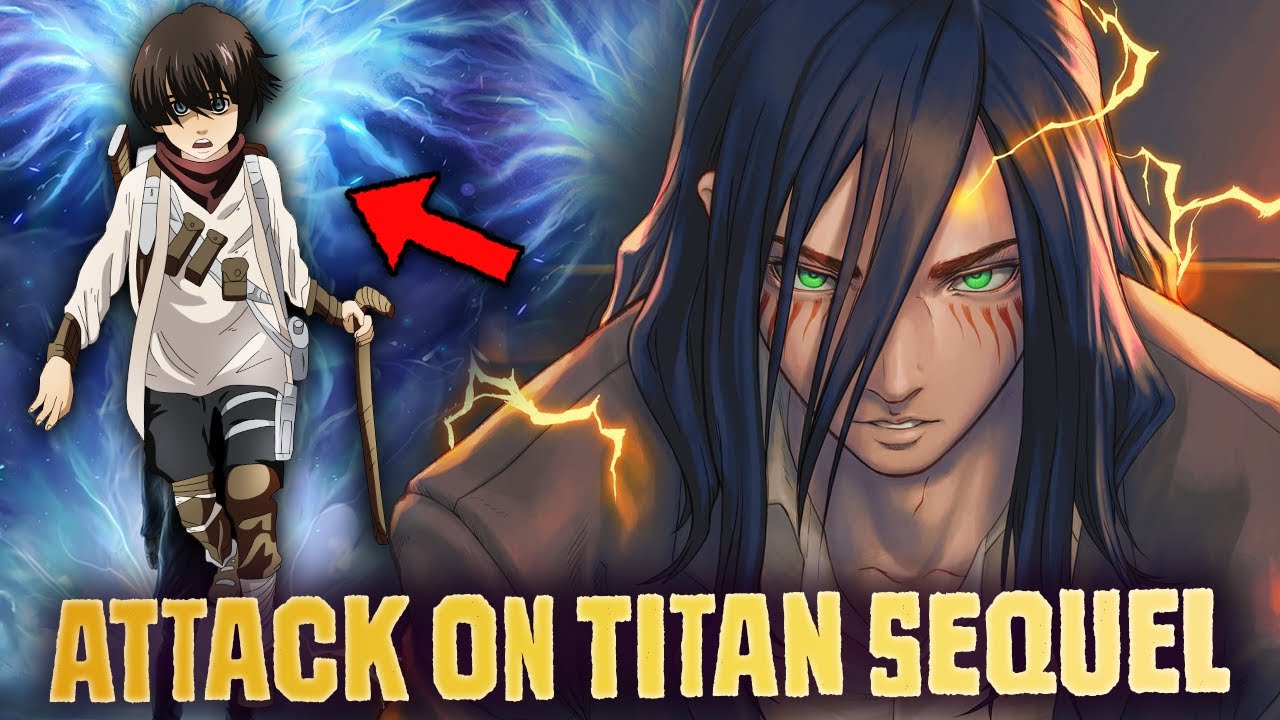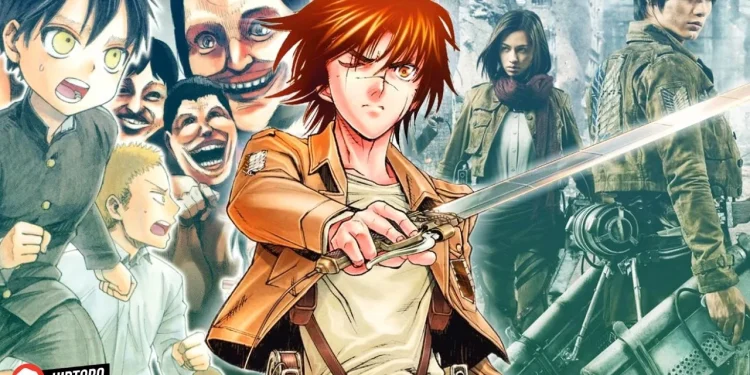With the recent conclusion of the beloved anime “Attack on Titan,” fans around the globe are left grappling with a blend of emotions. This iconic series, known for its intense storytelling and complex characters, seems to have reached its final chapter, leaving a void in the hearts of its dedicated followers. But is this truly the end?
A Glimmer of Hope in the Epilogue
Despite no official announcement of a sequel, the epilogue manga by Hajime Isayama, the mastermind behind the series, has sparked conversations and theories among fans. This manga, while not leading to regular serialization, has ignited a beacon of hope.
BREAKING NEWS: Attack on Titan Final Season CONFIRMED to have a part 4 after the second half of part 3 airs, which will be a mini sequel series of the events that happen after the end of the main story! pic.twitter.com/RzDfdSo6VL
— Attack on Titan (@AoTJewels) March 31, 2023
In the concluding scenes of both the anime and manga, a young boy is seen venturing into Eren Yeager’s resting place, a scene strikingly reminiscent of Ymir Fritz’s encounter with the “source of all living matter.” This parallel has led many to speculate: is Isayama subtly opening a door to a potential sequel?
The Realm of Possibilities
From a theoretical standpoint, the chances of an “Attack on Titan” sequel are not entirely out of the question. The series finale, mirroring the ancient story of Ymir Fritz, hints at a cycle that might continue. Could this young boy, like Ymir, be on the brink of discovering a monumental power? Furthermore, the time leap presents an opportunity to explore a vastly changed world, introducing new characters and scenarios while retaining the legacy of Eren Yeager and his comrades.

Eren’s Legacy: A Central Pillar for Continuation
A sequel of Attack on Titan could delve into the aftermath of Eren’s actions, exploring how they are perceived centuries later. This could serve as a continuous thread throughout the series, maintaining fan engagement. Moreover, the potential reinvention of Titan powers, influenced by Eren’s ideals, adds another layer of intrigue. Such elements offer a refreshing perspective, distinguishing a sequel from its predecessor.
The Challenge of Preserving Core Themes
However, the series’ underlying themes — notably the perpetual cycle of violence and hatred — pose a significant challenge to a sequel.
The ending, with the young boy at Eren’s grave, could be interpreted as an indication that these cycles are inescapable, a sentiment echoed in the fate of Paradis centuries later. A sequel that diverges from these foundational themes risks diluting the impactful message of the original series. Thus, while a sequel is conceivable, crafting a narrative that respects and builds upon the original conclusion without undermining it is a formidable task.

Conclusion: A Balance Between Hope and Realism
In summary, while the possibility of an “Attack on Titan” sequel exists, it treads a fine line between fan expectations and the integrity of the original series. The question remains: can a sequel provide a fresh and meaningful narrative while honoring the profound themes that made “Attack on Titan” a phenomenon? Only time will tell if Isayama and the creative team behind this epic saga will take on this challenge.










